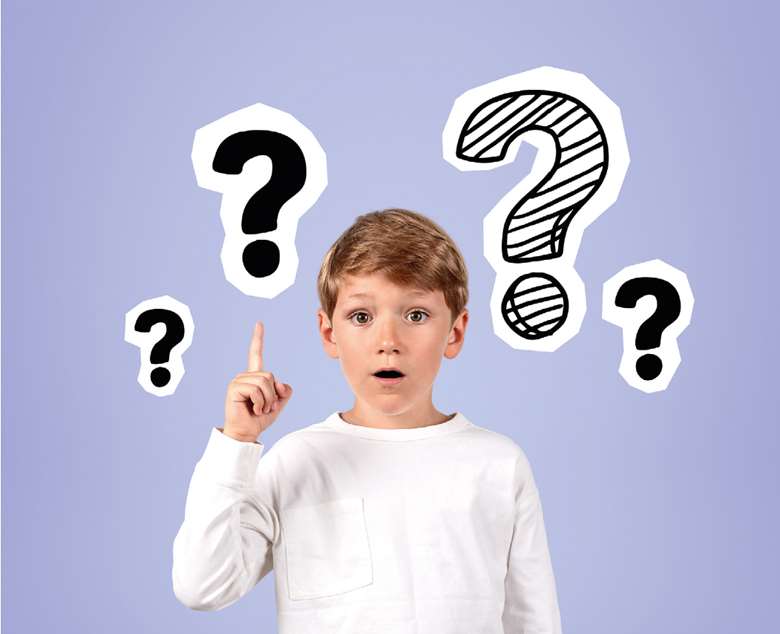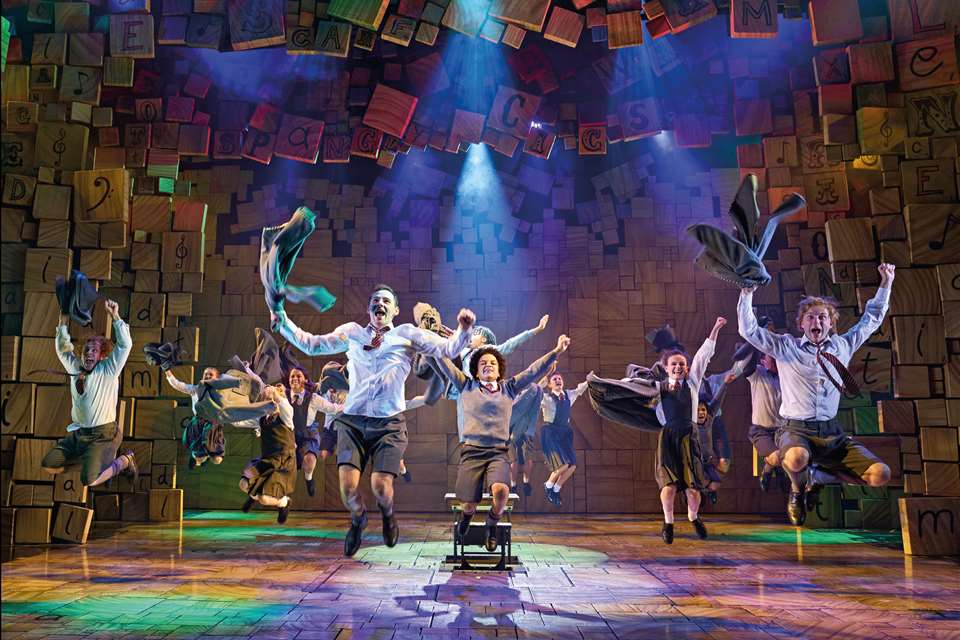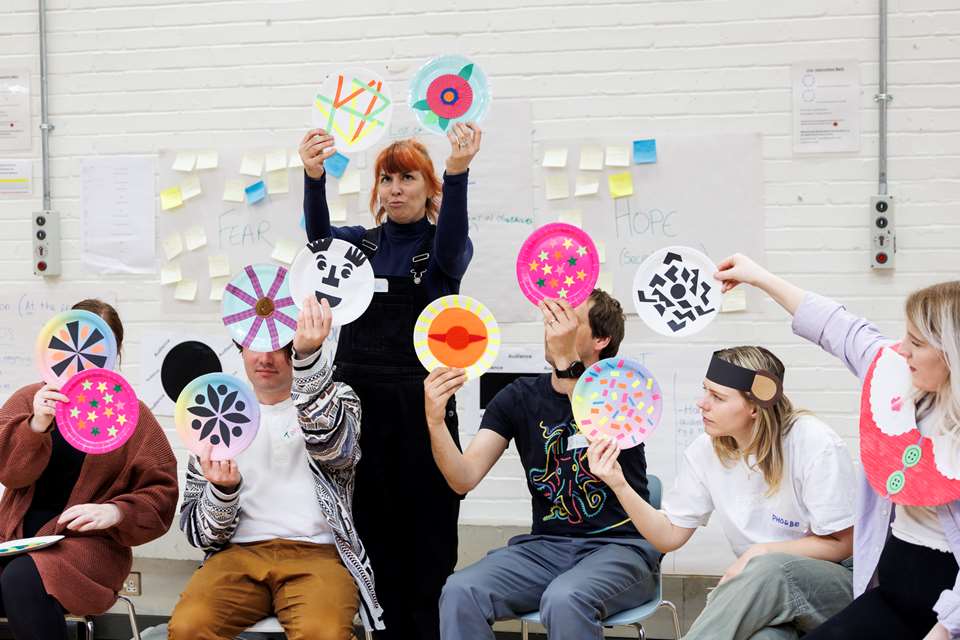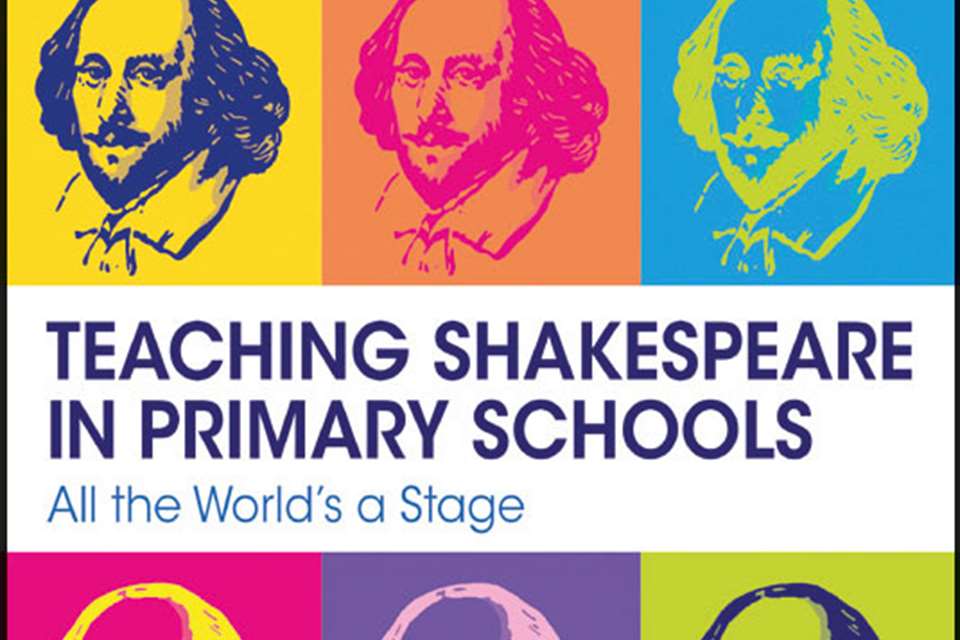From Primary to Secondary: Drama aiding the leap
William Barlow
Friday, December 1, 2023
Entering the world of secondary education can be overwhelming for a fresh crop of Year 7 students. Recognising this, William Barlow suggests that drama can be used as a tool to help.

Adobe Stock / Image Flow
‘Mrs Smith? It's Sam's carer. Yeah, thanks for taking the call. I was worried that I wouldn't catch you before you started your maternity leave. Well, you see it's about Sam's move to the big school. She is looking forward to meeting new friends and teachers, and use all the equipment in science and drama departments. Although, I think that she is worried about the work being harder – especially with her support needs. To be honest, I've not told her yet, but I've got a new job in a different city and they want me to start next week. I know this is bad timing as Sam is getting ready to move to the local secondary school at the end of the month. However, I want to take the job as it is better money and it's something that I've always wanted to do. I'm just not sure how to tell Sam. She is so close to her friends, you, and the other teachers. Basically, it's because of me this is all happening. Sorry, I forgot that this must be hard on you too – you have been there for her throughout her time in primary school, and you are having a baby. Do you have any ideas for what I can do to help Sam?
The Multiple and Multidimensional Transitions theory
Researchers from the Universities of Aberdeen and Dundee used the stimulus to the left to investigate how drama might help young people and their family members to navigate Primary to Secondary school transitions. However, instead of viewing this change as a single event, focusing on the individual child, they adopted an understanding of transitions as having multiple and multi-dimensional aspects.
The Multiple and Multi-dimensional Transitions (MMT) theory suggests that there are multiple transitions happening concurrently which can result in transitions in others too. For example, in the stimulus Sam is moving from Primary to Secondary school (often at the same time as undergoing changes associated with adolescence). Further, her carer is experiencing a transition of his own by gaining a new job which results in Sam having to move school and meet new friends. In addition, because of Sam's move her Primary friends will no longer be transitioning with her and thus their experiences have altered too. Sam's Primary teacher is experiencing a personal transition herself by preparing for her baby, alongside a professional one as she will now have to liaise with teachers in another school with potentially different pedagogical, curricular, managerial, bureaucratical and social expectations.
How can we use this?
In this research they found that using the MMT theory empowered young people to use drama workshops to explore the complexity and multifaceted nature of school transitions. By using Sam's story, the young people moved beyond a simplistic understanding of Primary-Secondary school transitions and began to grapple with other factors that they initially did not comprehend.
By asking the young people to structure a fictional context which demonstrated how the characters’ narratives were interrelated, the young people involved could then draw parallels between their own lives and that of the characters, preparing them for real-life events that they may face.
One step ahead
Initial data findings suggest that by using drama and MMT theory together, the young people and their teachers developed a shared understanding of Primary-Secondary transitions. This is important as it helps to mitigate any misunderstanding and provides the foundation for a framework of support. Further, it appears that the intervention develops the young people's voice and agency for how they wish to see their Primary-Secondary transitions enacted.
Overall, the young people reported that they felt confident about their Primary-Secondary transitions and noted that the intervention minimised their transition fears. However, at this stage in the data analysis the research team are unable to state that the drama intervention supported all pupils. Nevertheless, they can claim that drama helped to provide a secure space for the young people to explore and enact their thoughts and feelings together, which is often missing during this valuable time in their life.
The research team at the Universities of Aberdeen and Dundee produced a Primary to Secondary school transitions comic which can be accessed via the following QR code:








